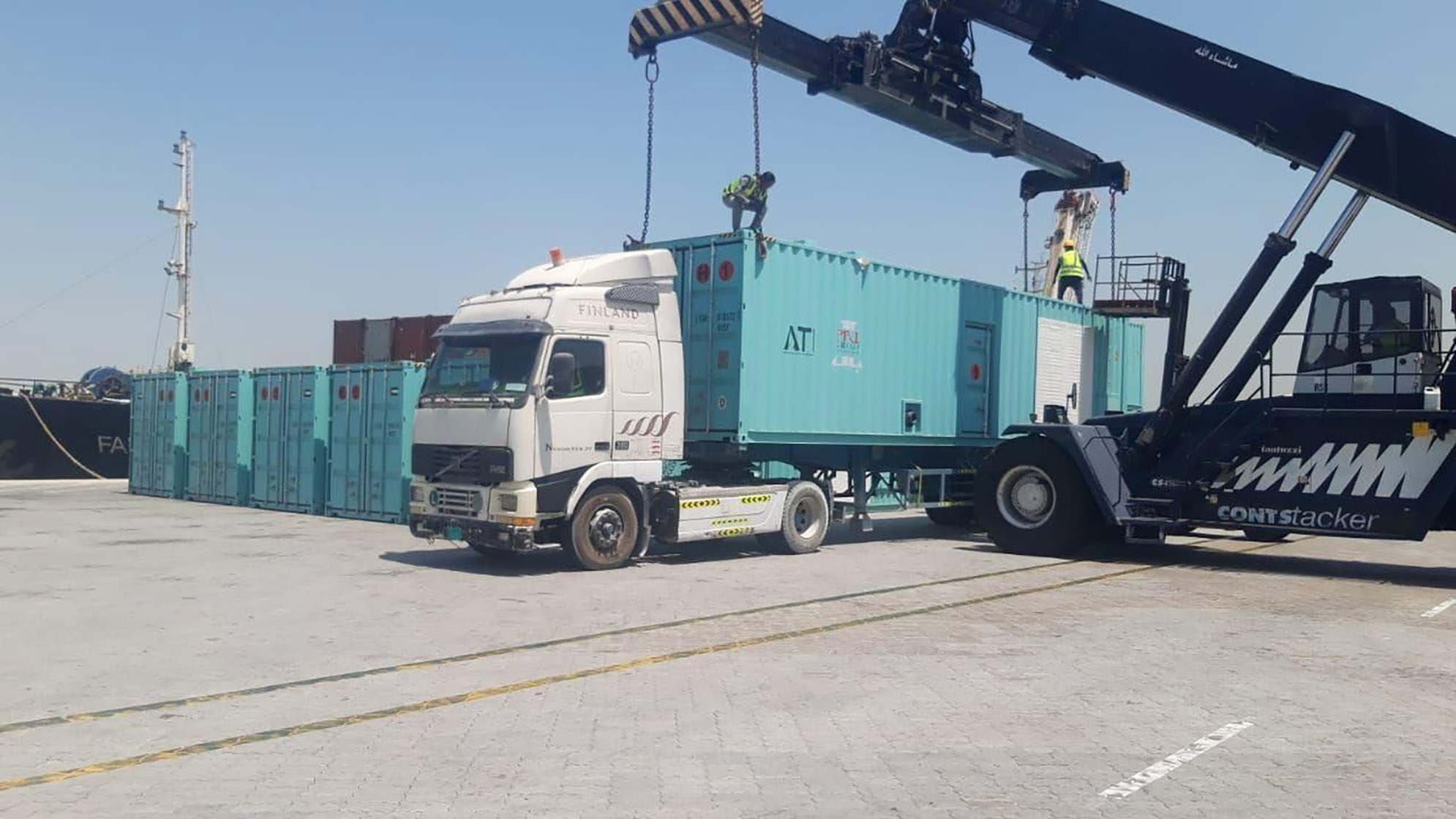Two small mobile desalination units are expected to start operating this week in Potima, aiming to solve long-standing water shortages in the Peyia area. The news comes as two additional boreholes started operating on Monday in the Meleti forest, offering further support to the region’s water supply.
The new units, each with a daily capacity of 1,000 cubic metres, were installed to serve Peyia and neighbouring communities such as Kissonerga and Chlorakas, according to Charalambos Pittokopitis, president of the Paphos district self-government organisation (EOA). He said the desalination systems would meet Peyia’s entire water needs, reducing pressure on nearby communities and the region’s limited natural resources.
Speaking to the Cyprus News Agency, Pittokopitis added that the new boreholes in Meleti forest would also strengthen the area’s water network. These efforts form part of a broader emergency plan to stabilise water access in western Paphos during the dry summer months.
In parallel, preparations continue for the larger mobile desalination unit in Potima, with a projected daily output of 10,000 cubic meters. The contractor, who won the public tender, has promised delivery by early autumn.
The incentive clause in the contract offers a bonus if the unit is completed ahead of schedule, helping ensure rapid deployment.
Testing of the two smaller units began on Monday. Akamas mayor Marinos Lambrou confirmed that water quality checks were underway to ensure the output is safe to drink. He explained that pipe connections to Peyia were completed last week, including a road cut to allow final installation.
The improvements come after a difficult spring, when the Mavrokolymbos dam was drained due to a fault. Pittokopitis said repairs are progressing well, and the dam will be ready to collect rainwater from the new hydrological year, starting in autumn 2025. Restoration is expected to finish by October.
Mayor Lambrou also provided an update on the planned desalination unit in Kouklia, which is set to start operating in August. This larger plant is expected to add another 15,000 cubic metres of water daily.
Officials believe that with all these units running, both mobile and fixed, the entire water demand of the lower Paphos district will be covered. Importantly, water from the Asprokremmos dam, currently used for drinking, could then be redirected for agricultural use.






Click here to change your cookie preferences